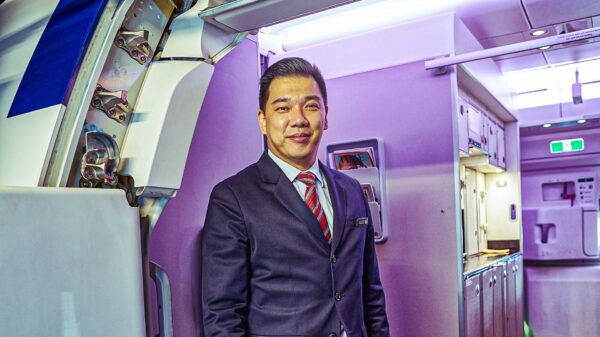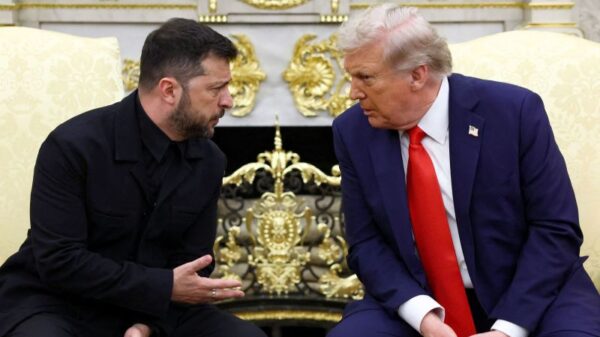The $10 billion AI startup Thinking Machines Lab (TML), founded by former OpenAI Chief Technology Officer Mira Murati in February, is making headlines for offering its technical talent salaries up to half a million dollars. This revelation comes from federal data obtained by Business Insider, highlighting the competitive nature of the AI industry.
According to these federal filings, TML has compensated three technical staffers with $450,000 each, while a fourth employee received $500,000. These figures, recorded in the first quarter of the year, represent base salaries and do not include potential sign-on bonuses or equity awards. The data specifically pertains to employees hired under the H-1B visa program, which allows U.S. companies to employ foreign workers in specialized roles.
High Stakes in AI Talent Acquisition
This level of compensation surpasses some of the major players in the industry, including Murati’s former employer, OpenAI. Reports indicate that OpenAI paid an average salary of $292,115 to its technical staff, while Anthropic offered an average of $387,500. These figures underscore the escalating competition to attract top AI talent.
Mira Murati, who spent over six years at OpenAI before stepping down as CTO, has positioned TML as a formidable contender in the AI landscape. Despite not having launched any public-facing products, TML secured $2 billion in seed funding, achieving a valuation of $10 billion. The company’s mission, as stated on its website, is to make AI systems more understandable, customizable, and generally capable.
The Broader Context of AI Salary Wars
The aggressive salary offerings by TML are part of a broader trend in Silicon Valley, where companies are vying for the best minds in AI. Last month, OpenAI CEO Sam Altman revealed that Meta was attempting to lure OpenAI researchers with substantial signing bonuses, reportedly reaching $100 million or more in total compensation. This has resulted in several top OpenAI researchers, including Shuchao Bi and Shengjia Zhao, transitioning to Meta’s new superintelligence team.
“The AI talent wars are intensifying, with companies like Meta offering unprecedented compensation packages to attract top researchers,” said Sam Altman, CEO of OpenAI.
In response to these developments, OpenAI’s Chief Research Officer Mark Chen communicated in a memo to staff that the company is actively recalibrating its compensation strategies and exploring creative ways to reward its talent. This reflects the ongoing battle for AI expertise, which is critical for advancing cutting-edge technologies.
Implications for the AI Industry
The high salaries offered by TML and other tech giants not only highlight the value placed on AI expertise but also raise questions about sustainability and the impact on smaller startups. While large companies can afford to offer substantial compensation packages, smaller firms may struggle to compete, potentially stifling innovation and diversity in the field.
Moreover, the focus on compensation could overshadow other important factors such as company culture, work-life balance, and opportunities for professional growth. As the industry evolves, companies may need to adopt a more holistic approach to talent acquisition and retention.
By the Numbers: TML’s $500,000 salary offer is nearly double the average salary at OpenAI and significantly higher than Anthropic’s average of $387,500.
Looking Ahead
As TML continues to build its team and develop its AI technologies, the industry will be watching closely to see how the startup’s strategies influence the broader AI landscape. The company’s ability to attract top talent and secure substantial funding positions it as a potential leader in the field, despite its current lack of public products.
Meanwhile, the ongoing talent wars in Silicon Valley are likely to drive further innovation and competition, as companies strive to harness the potential of artificial intelligence. The coming months will be crucial in determining how these dynamics play out and what they mean for the future of AI development.




































































